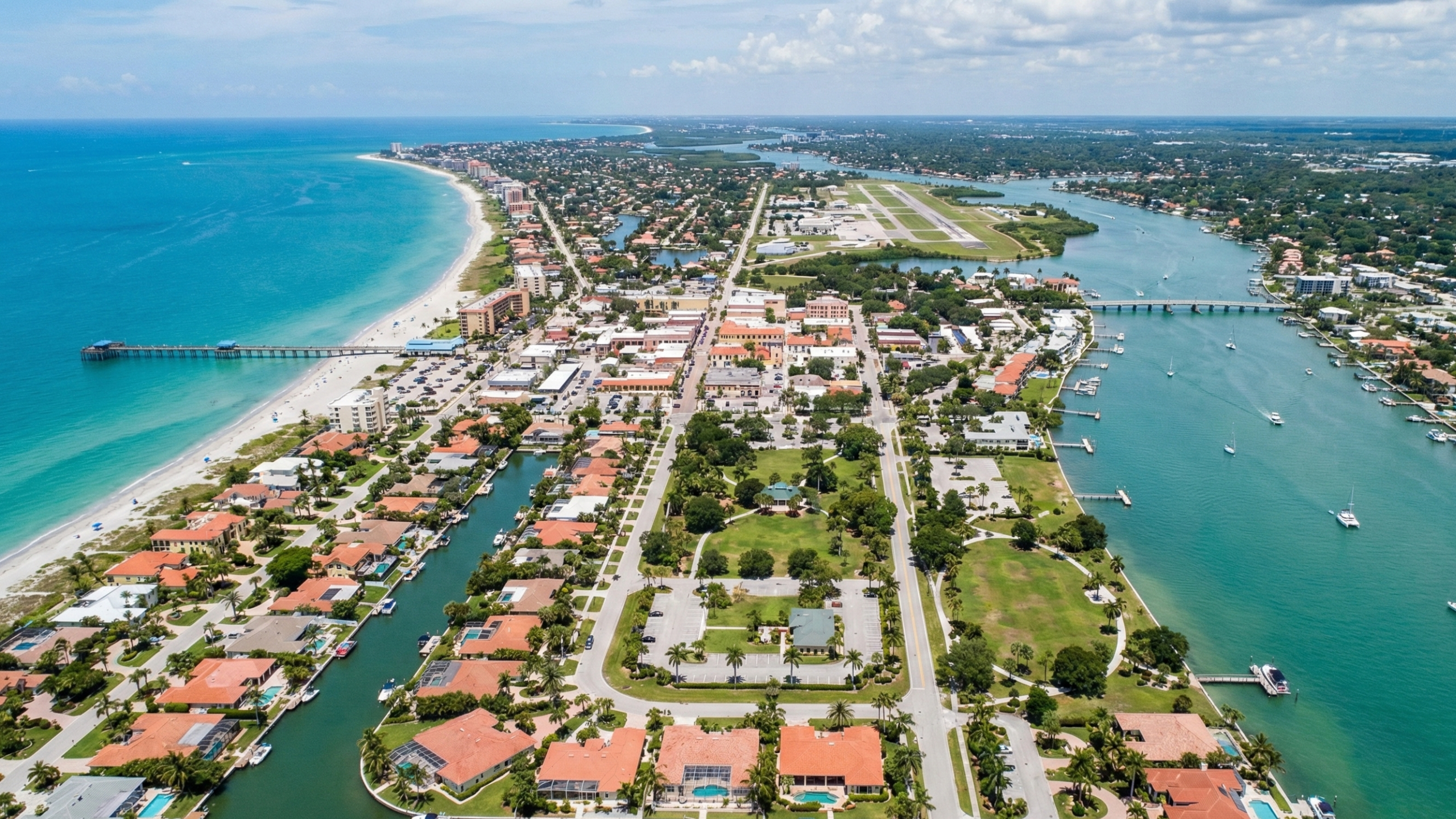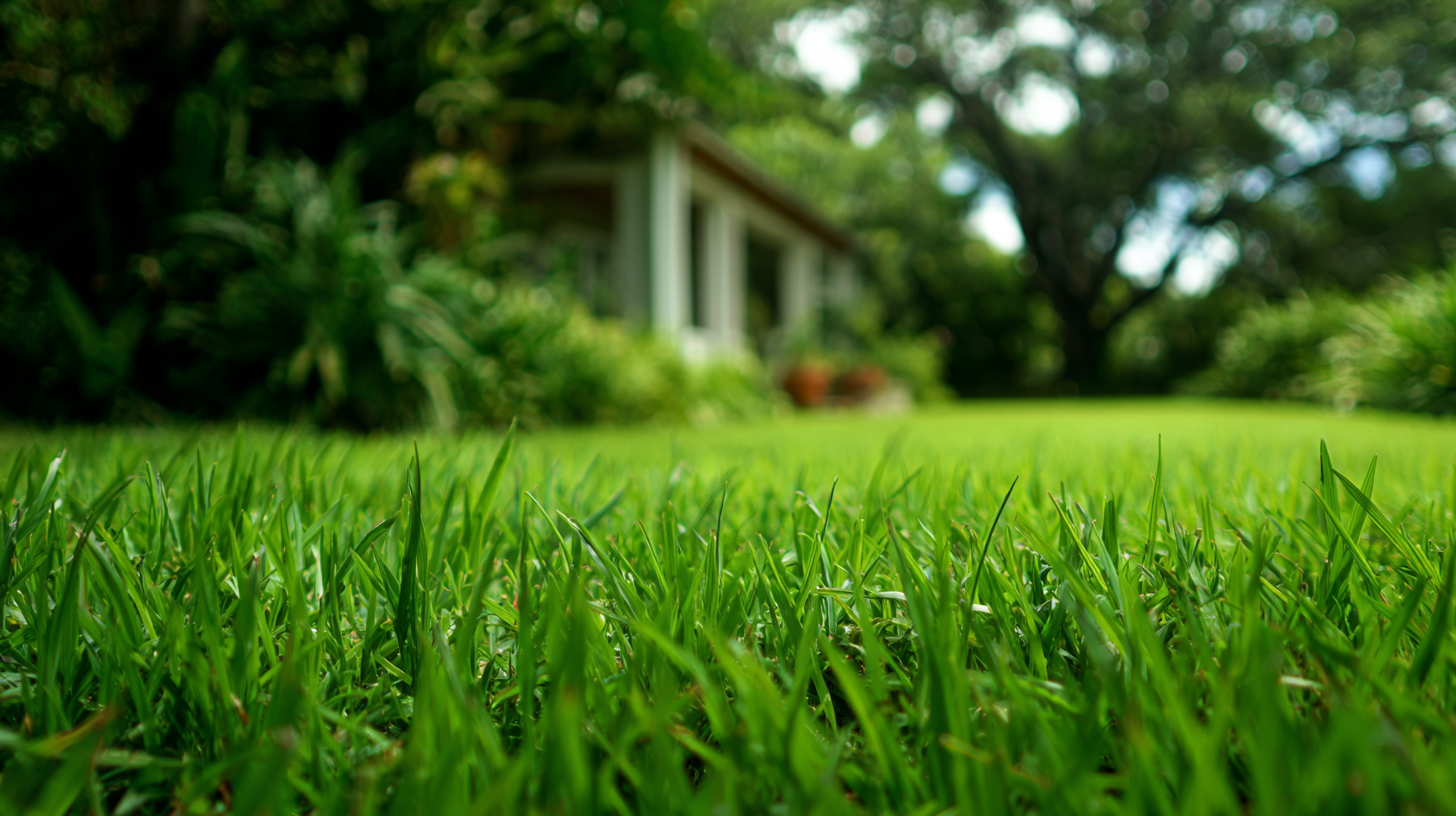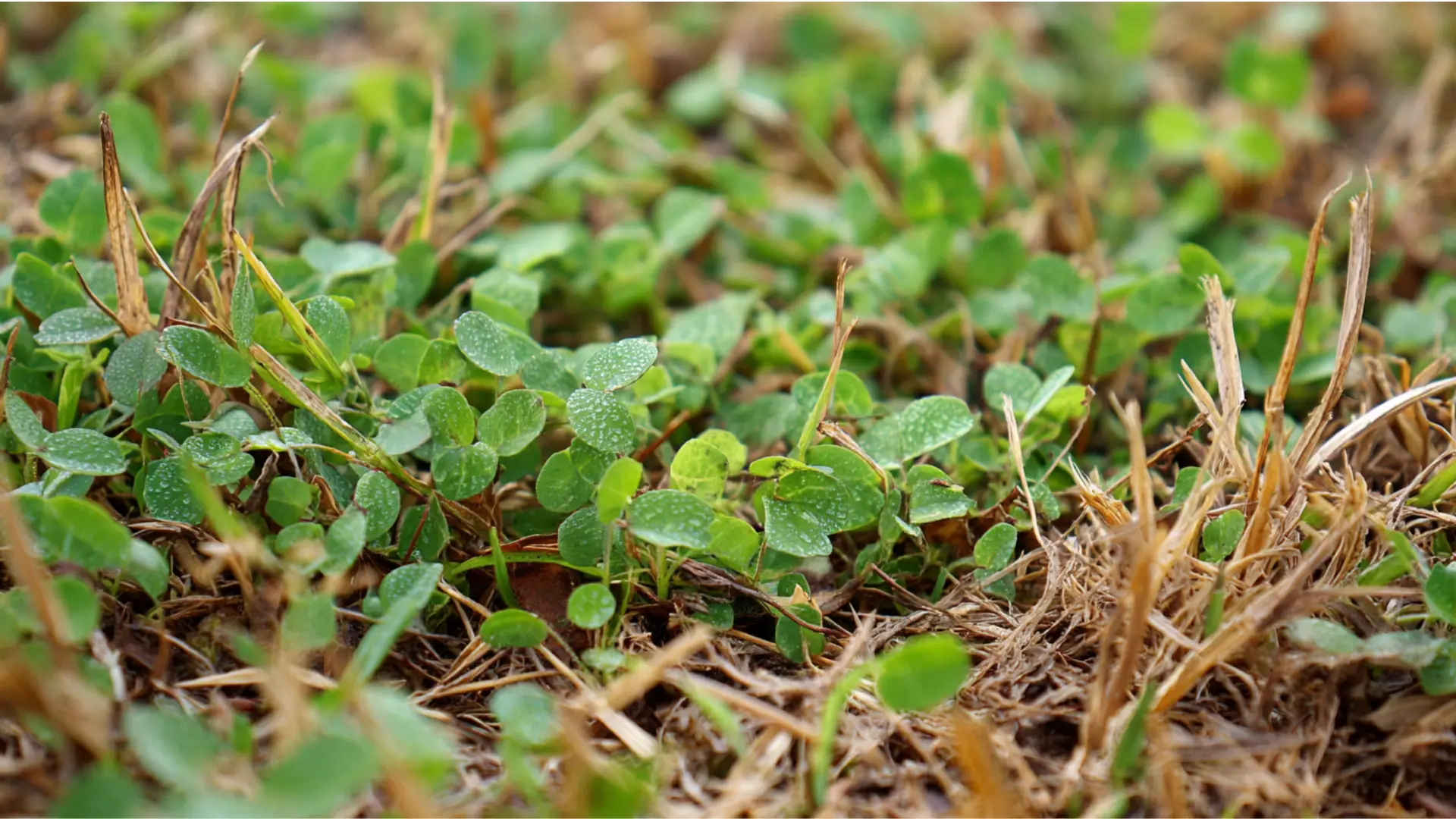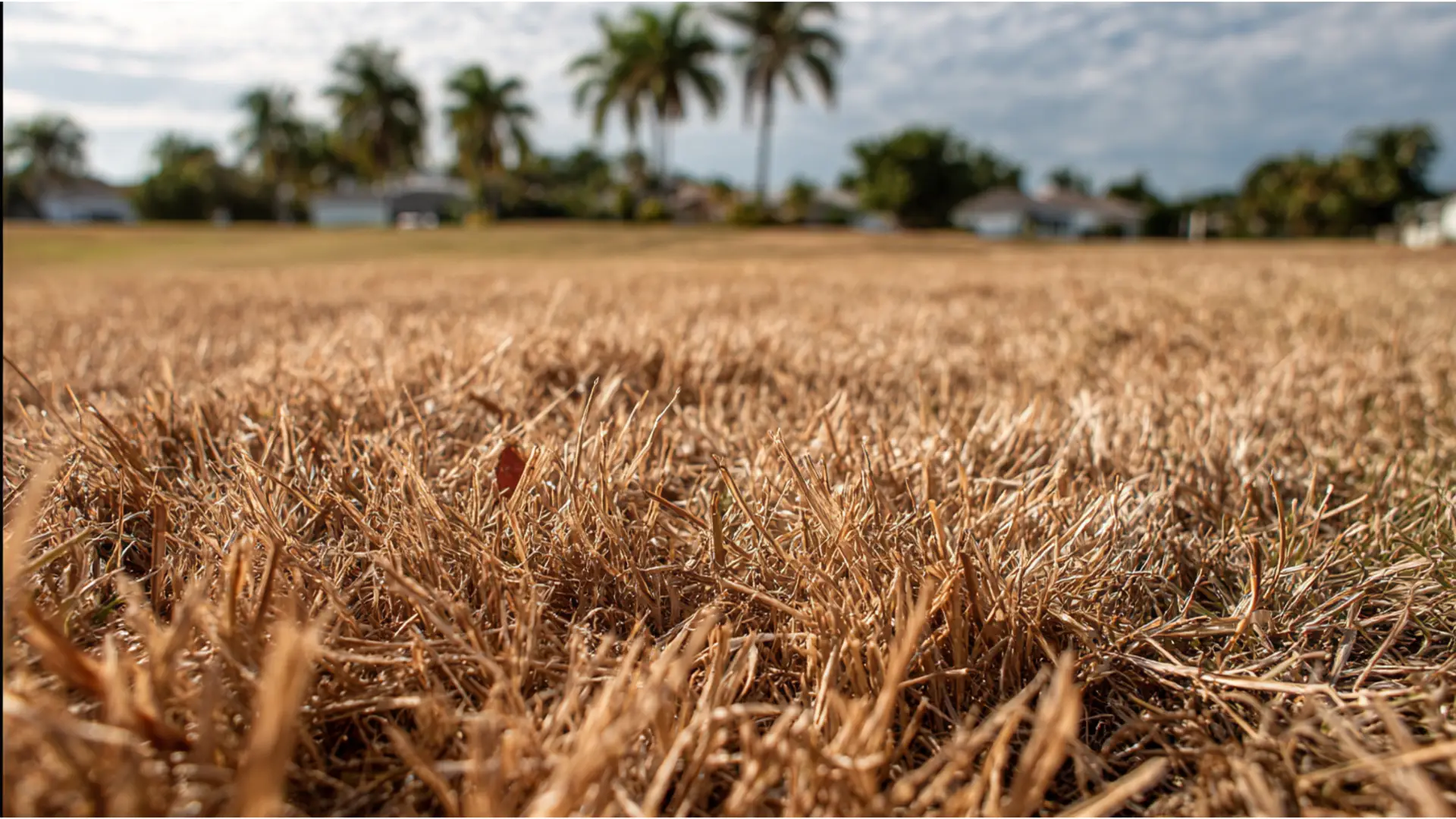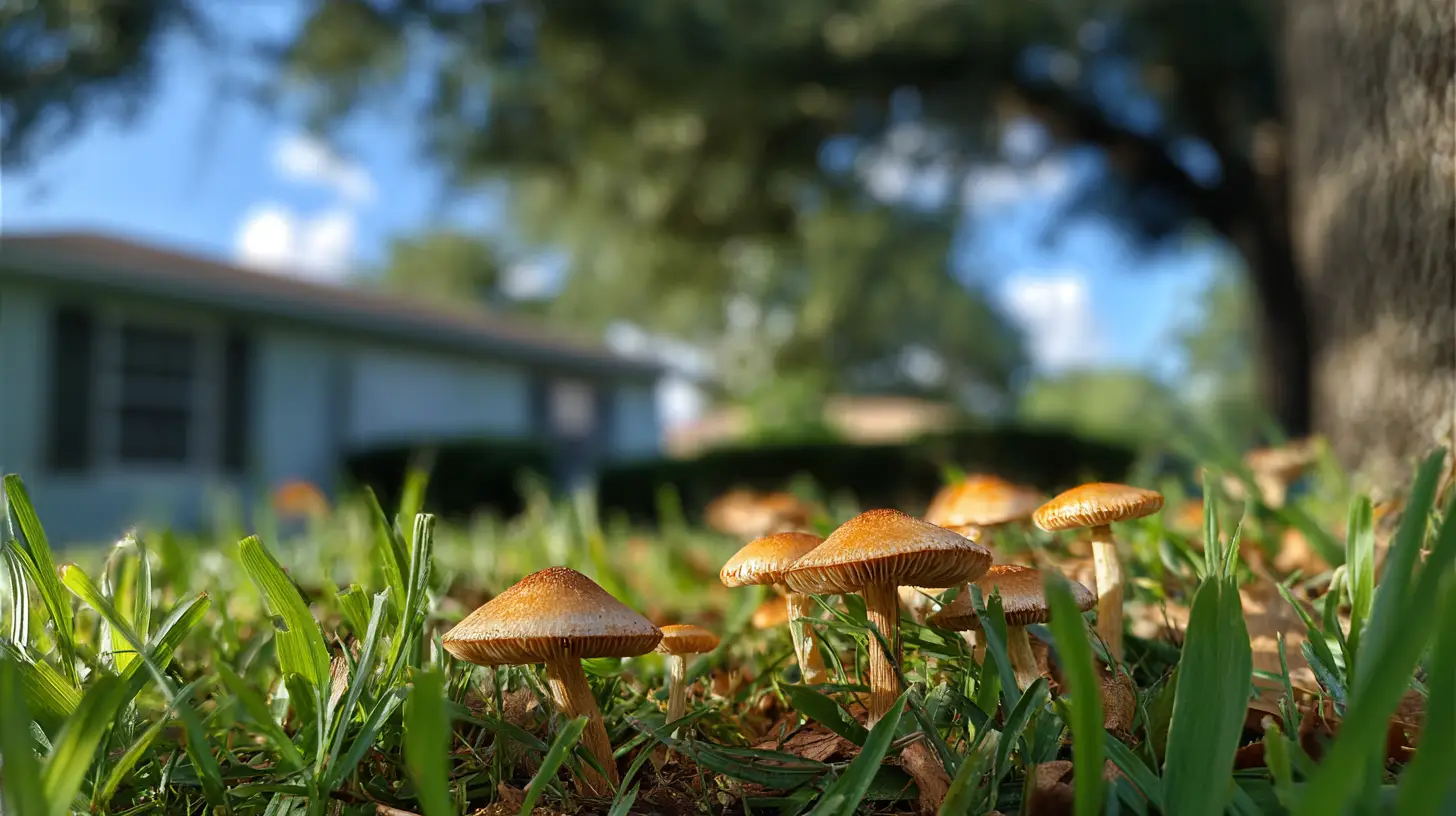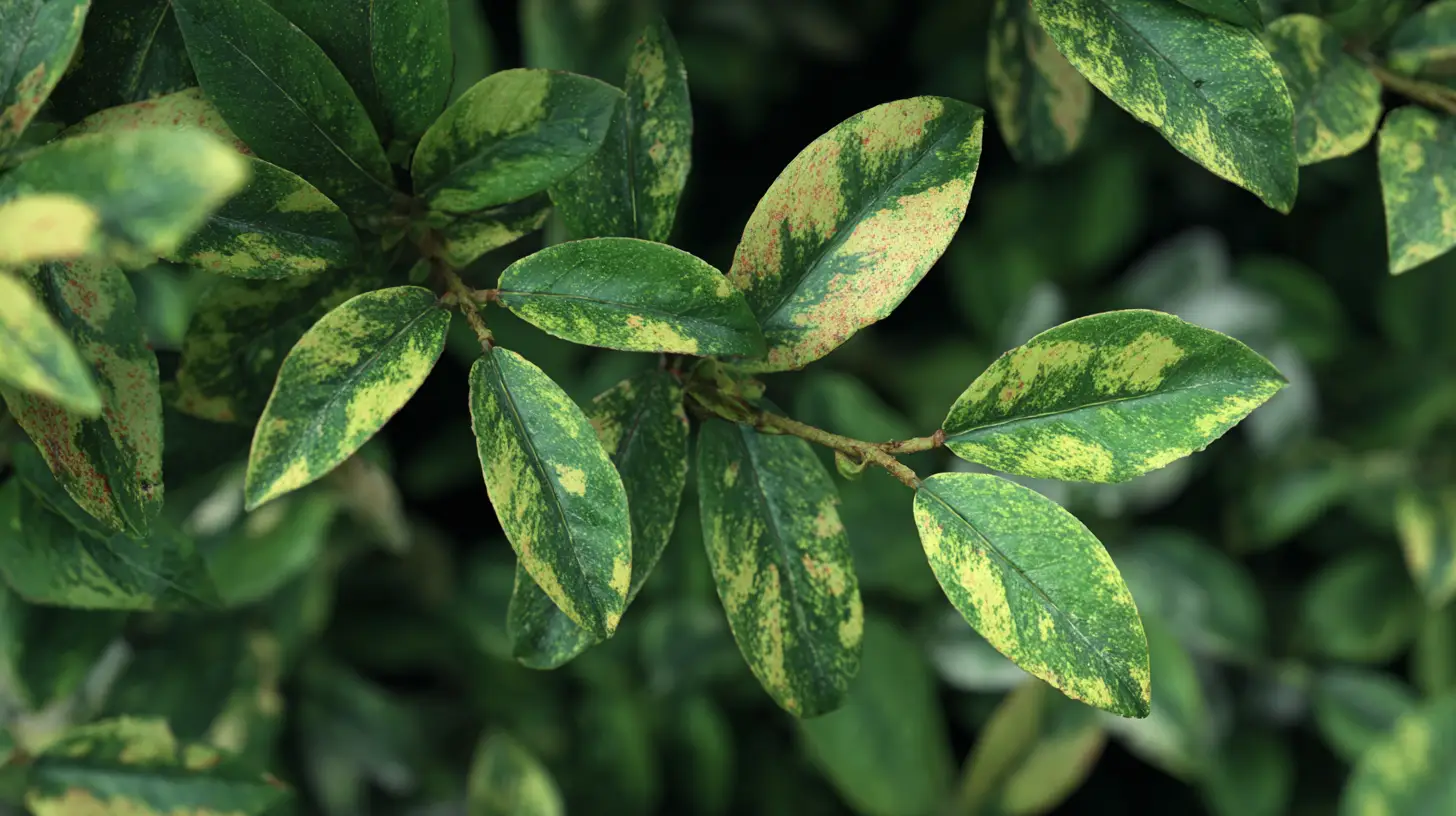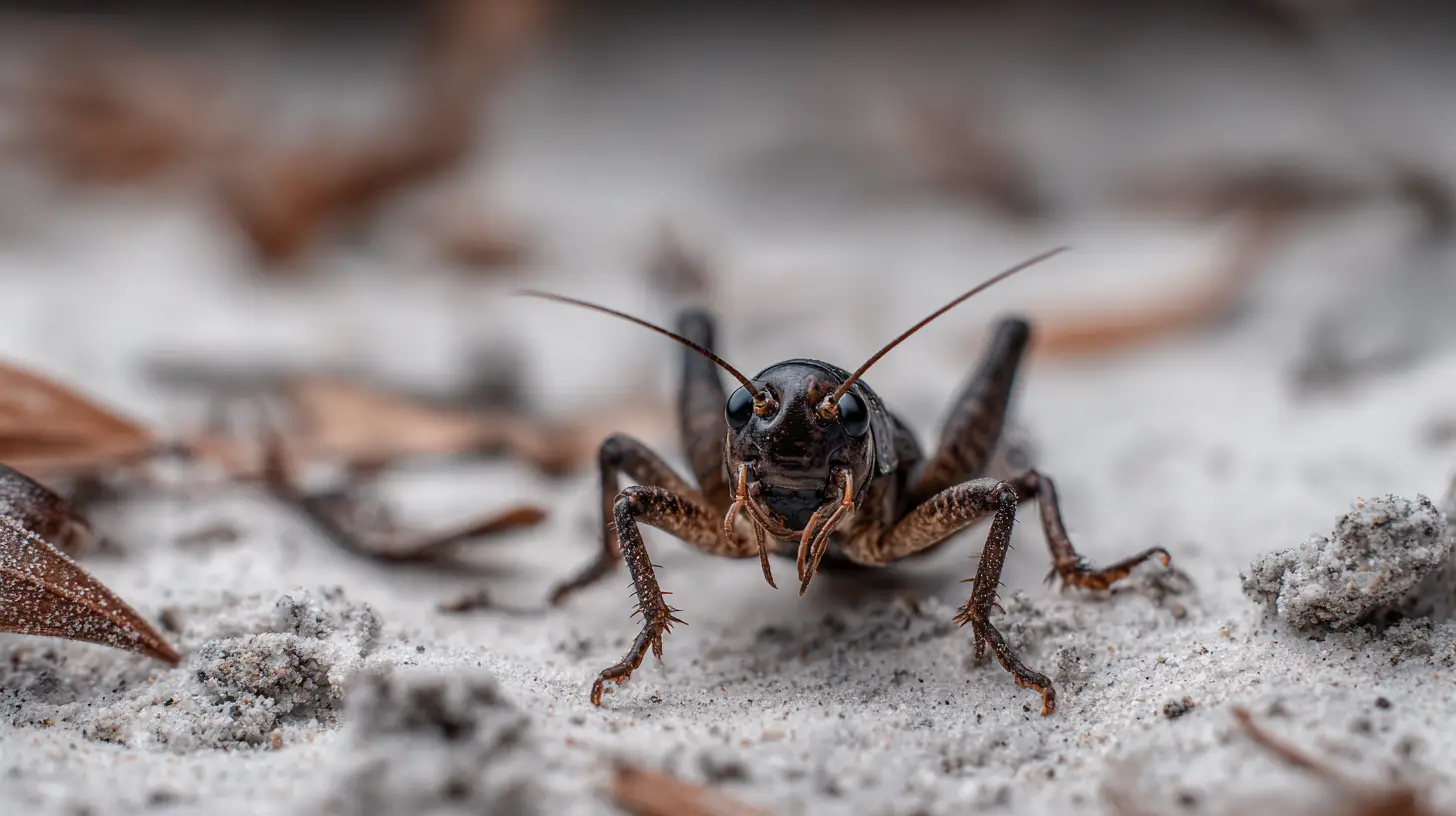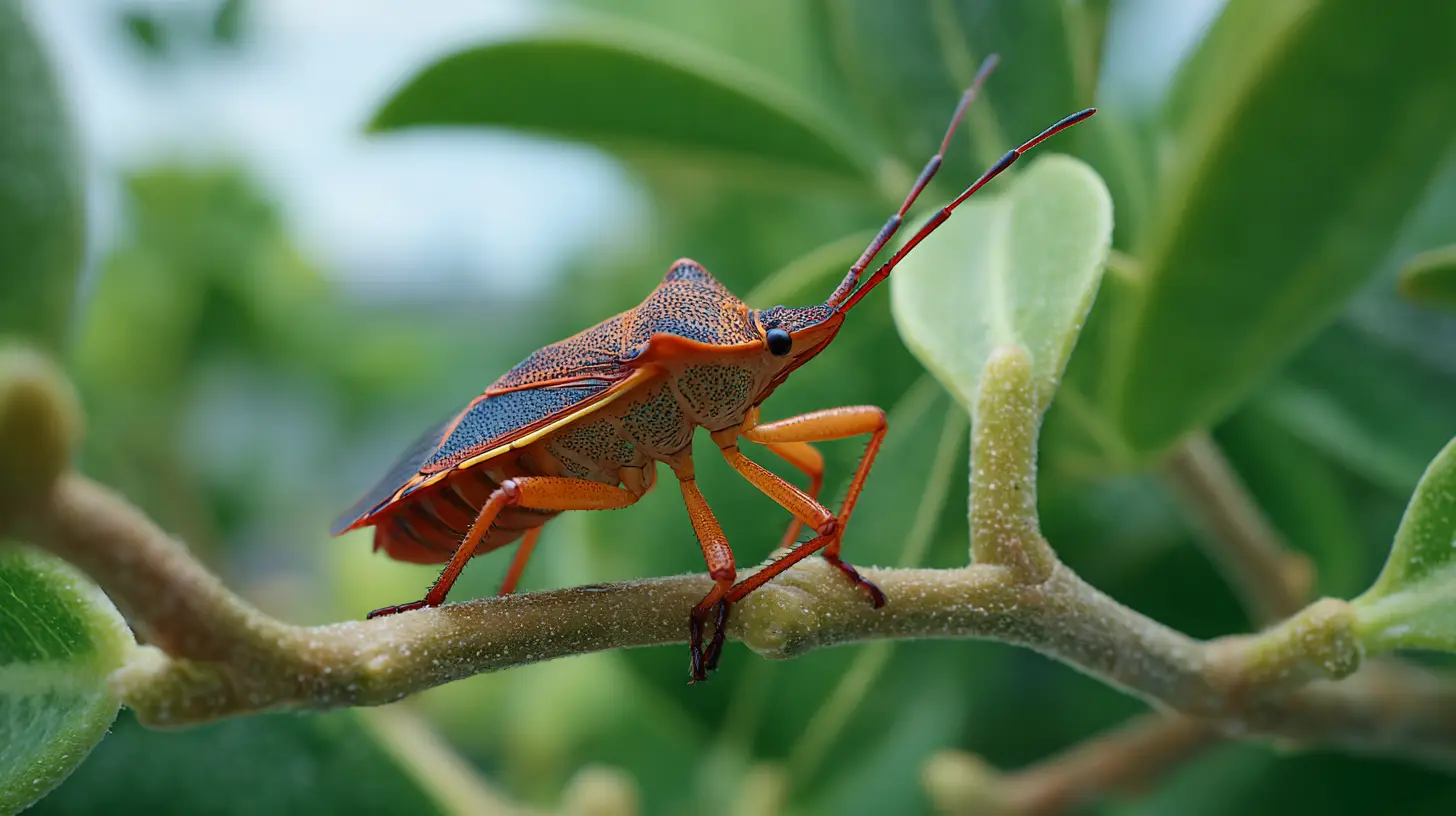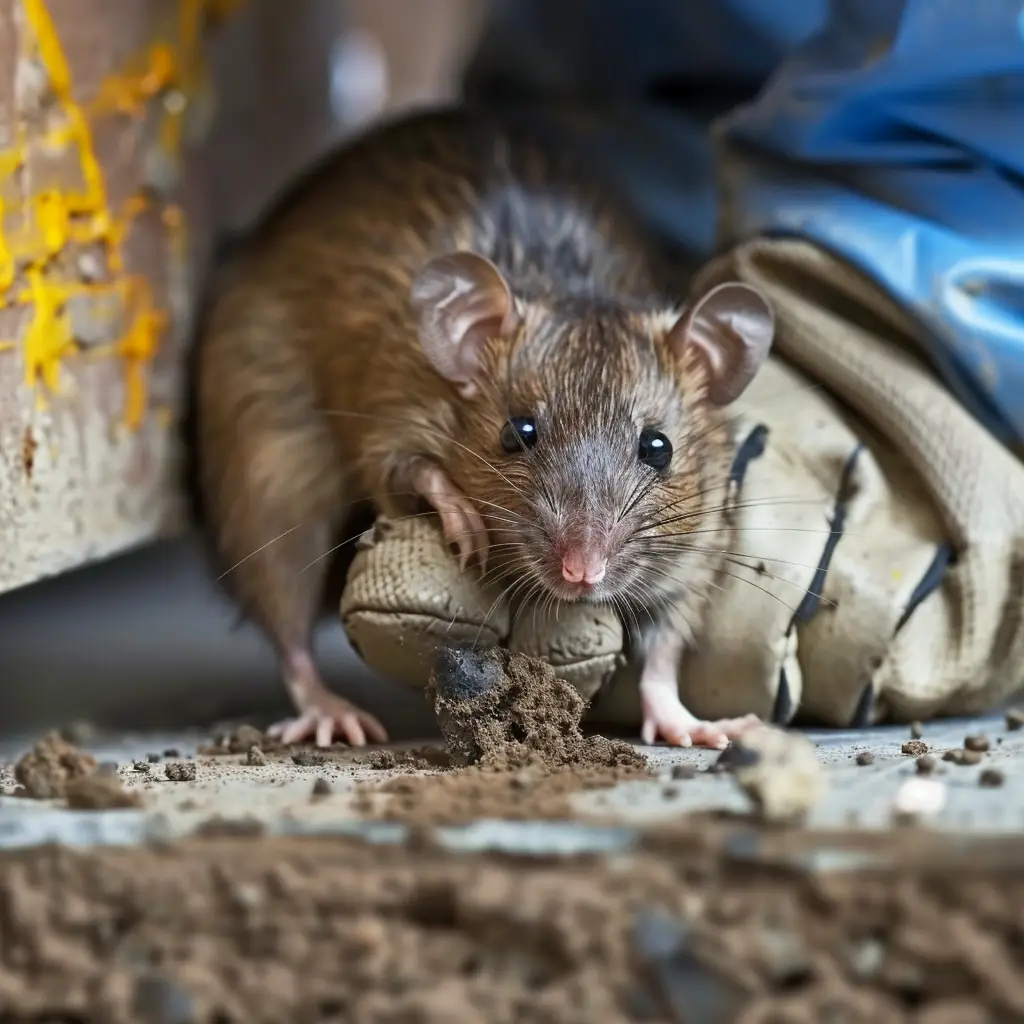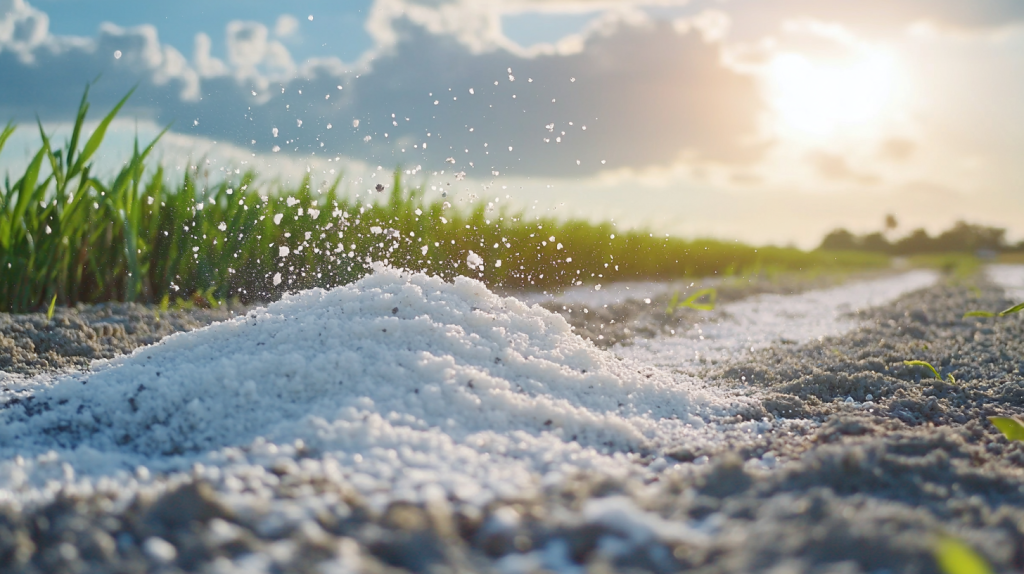
Table of Contents
Manatee County’s fertilizer blackout runs from June 1 through September 30 each year, prohibiting the use of nitrogen and phosphorus fertilizers during the rainy season. If you’re a homeowner, landscaper, or property manager in Manatee County, understanding these restrictions is essential for compliance and protecting our local waterways.
Key Takeaways
- Strict Summer Ban: No nitrogen or phosphorus fertilizers from June 1 – September 30, with no exceptions for homeowners or professionals.
- Water Quality Focus: The blackout directly targets the rainy season when nutrient runoff is highest and most damaging to local waterways.
- Year-Round Rules: Additional restrictions apply throughout the year, including phosphorus bans, buffer zones, and slow-release requirements.
- Professional Requirements: Commercial applicators must be certified and trained in Best Management Practices.
- Permitted Alternatives: Iron-based fertilizers and organic materials can maintain lawn health during the blackout period.
- Regional Standard: Manatee County’s rules align with neighboring counties, creating consistent protection for shared water bodies.
What Is the Fertilizer Blackout in Manatee County?
The fertilizer blackout in Manatee County is part of Ordinance 11-21, adopted on May 24, 2011, to “keep our local water clean” while still allowing healthy yards. During the blackout period—June 1 through September 30—it is illegal to apply any fertilizer containing nitrogen or phosphorus anywhere within Manatee County.
This summer ban coincides with Florida’s rainy season, when heavy storms can wash excess nutrients from lawns into stormwater systems, rivers, bays, and lakes. These nutrients fuel harmful algae blooms, fish kills, and water quality degradation that damages our local ecosystem and economy.
Key Dates for Manatee County’s Fertilizer Blackout
Blackout Period: June 1 – September 30 (annually)
- No nitrogen fertilizers may be applied during this period
- No phosphorus fertilizers may be applied during this period
- Iron-based fertilizers and other nutrient-free products are permitted
Permitted Season: October 1 – May 31
- Nitrogen fertilizers allowed (must be at least 50% slow-release)
- Phosphorus fertilizers prohibited unless soil test shows deficiency
- All fertilizer applications must follow Best Management Practices (BMPs)
Complete Rules for Manatee County’s Fertilizer Ordinance
During the Fertilizer Blackout (June 1 – September 30)
- Absolute ban on nitrogen-containing fertilizers
- Absolute ban on phosphorus-containing fertilizers
- Permitted products: Iron-based fertilizers, pest control applications, organic matter like compost
- All year-round rules still apply (10-foot buffer zones, proper application techniques)
Year-Round Restrictions
- Phosphorus ban: No phosphorus fertilizers unless a soil test filed with the county shows deficiency
- 10-foot buffer zones: No fertilizer within 10 feet of any water body (lakes, streams, wetlands, storm drains)
- Immediate cleanup: Sweep any granular fertilizer off hard surfaces (driveways, sidewalks) immediately after application
- Weather restrictions: Never apply fertilizer immediately before expected rainfall
Permitted Season Requirements (October 1 – May 31)
- Slow-release requirement: At least 50% of nitrogen must be in slow-release form
- Maximum application: No more than what’s recommended by soil test or UF/IFAS guidelines
- Proper timing: Apply when grass is actively growing and can utilize nutrients
- Professional certification: Commercial applicators must be certified and display proper decals
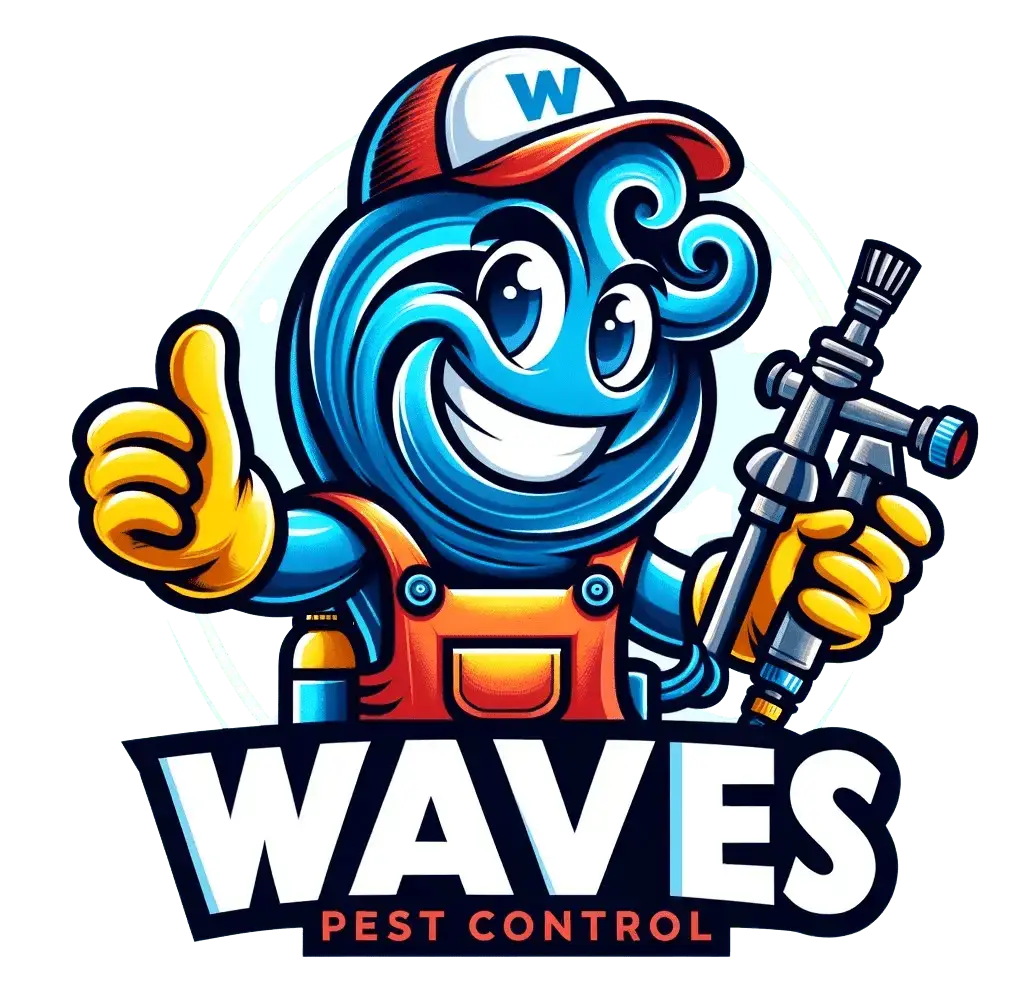
Get Pest-Free Today!
Trust Waves Pest Control for expert pest solutions in Florida. Call now or request your free quote online!
Request a QuoteWho Must Follow Manatee County’s Fertilizer Blackout?
The fertilizer blackout in Manatee County applies to everyone applying fertilizer within county boundaries:
Homeowners
- All residential property owners
- Renters applying fertilizer to their yards
- Anyone maintaining their own lawn or landscape
Professional Applicators
- Landscaping companies
- Lawn care services
- Pest control companies (when applying fertilizer)
- Property management companies
Commercial Property Managers
- Shopping centers and office complexes
- Apartment and condominium associations
- Homeowners associations (HOAs)
Exemptions
- Golf courses (under separate regulations)
- Agricultural operations and pastures
- Vegetable gardens and food production
- Athletic fields
- Right-to-farm operations
Permitted Products During Manatee County’s Fertilizer Blackout
During the June 1 – September 30 blackout period, you may still use:
Iron-Based Fertilizers
- Products containing only iron (no nitrogen or phosphorus)
- Help maintain green color without feeding algae
- Safe for waterways during rainy season
Organic Materials
- Compost and organic matter
- Mulch applications
- Beneficial microorganisms
Pest Control Products
- Herbicides for weed control
- Insecticides and fungicides
- Products that don’t contain nitrogen or phosphorus
Soil Amendments
- Lime for pH adjustment
- Gypsum for soil structure
- Organic soil conditioners
Important: Always read product labels carefully. Many combination products contain nitrogen or phosphorus even if they’re marketed for other purposes.
Why Manatee County Implemented the Fertilizer Blackout
The fertilizer blackout in Manatee County directly targets the environmental problems caused by nutrient pollution:
Water Quality Protection
Florida’s rainy season brings intense storms that wash fertilizer nutrients from lawns into local waterways. As county officials explain, “everything you put in your landscape ends up in a stormwater pond.” Excess nitrogen and phosphorus fuel harmful algae blooms that:
- Kill fish and other aquatic life
- Create toxic conditions unsafe for swimming and recreation
- Degrade water clarity and ecosystem health
- Impact tourism and property values
Measurable Results
Since implementing the fertilizer blackout, Manatee County has reported measurable decreases in nutrient levels in local waterways. Statewide studies of 160 Florida lakes found that summer fertilizer bans like Manatee’s produce improved water quality trends.
Regional Coordination
Manatee County’s fertilizer blackout aligns with similar ordinances in surrounding counties (Sarasota, Pinellas, Hillsborough), creating a regional approach to protecting Tampa Bay and other shared water bodies.
Compliance and Enforcement of Manatee County’s Fertilizer Blackout
Enforcement Authority
Manatee County’s Natural Resources Officers patrol parks and waterways, with authority to:
- Inspect properties for compliance
- Issue citations for violations
- Investigate reports of illegal applications
Professional Certification Requirements
All commercial fertilizer applicators in Manatee County must:
- Hold Florida “Limited Urban Landscape Fertilizer” license
- Complete UF/IFAS Green Industries BMP training
- Display proper certification decals on vehicles
- Maintain current certification and training records
Reporting Violations
Residents can report suspected violations through:
- Manatee County’s 311 system
- Natural Resources Department
- Online reporting portals
Penalties
While specific fines aren’t publicly detailed, violations can result in citations and penalties under county ordinance. The county emphasizes education over punishment, but repeat violators face enforcement action.
How to Maintain Your Lawn During Manatee County’s Fertilizer Blackout
Focus on Lawn Health Fundamentals
Proper Mowing:
- Maintain appropriate height for your grass type
- Keep mower blades sharp
- Never remove more than 1/3 of grass blade length
- Leave clippings on lawn to return nutrients naturally
Appropriate Irrigation:
- Water early morning to reduce evaporation
- Apply ½-¾ inch per week including rainfall
- Water deeply but infrequently to encourage deep roots
- Follow any local watering restrictions
Iron Applications:
- Use iron-based products to maintain green color
- Apply every 4-6 weeks during blackout period
- Follow label directions for proper rates
Prepare for the Growing Season
Pre-Blackout Fertilization (May):
- Apply slow-release fertilizer in late May
- Choose products that will provide nutrition through summer
- Ensure lawn is healthy before blackout begins
Post-Blackout Recovery (October):
- Resume nitrogen fertilization on October 1
- Consider soil testing to determine specific needs
- Apply slow-release fertilizers for fall feeding
Frequently Asked Questions (FAQs)
When exactly does the fertilizer blackout begin and end in Manatee County?
The fertilizer blackout in Manatee County runs from June 1 through September 30 each year. You may resume nitrogen fertilizer applications on October 1, provided you use products with at least 50% slow-release nitrogen.
What happens if it rains right after I apply fertilizer in October?
Even during the permitted season (October 1 – May 31), you should never apply fertilizer immediately before expected rainfall. Check weather forecasts and avoid application if rain is predicted within 24 hours. This prevents nutrient runoff even during legal application periods.
Can I use organic fertilizers during Manatee County’s blackout period?
Most organic fertilizers contain nitrogen and/or phosphorus and are therefore prohibited during the blackout. However, you may apply pure organic matter like compost, which provides soil improvement without the concentrated nutrients that cause water pollution.
Does the fertilizer blackout apply to potted plants and vegetable gardens?
The ordinance exempts vegetable gardens and food production. However, it’s still good practice to avoid over-fertilizing any plants during the rainy season. For potted plants, you have more control over runoff, but consider using slow-release or organic options.
How do I know if a fertilizer product is legal during the blackout?
Read the product label carefully. Look for the three numbers representing N-P-K (nitrogen-phosphorus-potassium). During the blackout, the first two numbers must be zero (0-0-X). Iron-based products will typically show these nutrients separately from N-P-K.
What should I do if my HOA or lawn service isn’t following the blackout rules?
Contact them first to ensure they’re aware of the ordinance requirements. If they continue non-compliant practices, report violations through Manatee County’s 311 system or Natural Resources Department. Professional applicators face certification consequences for violations.
Can I still hire a lawn service during the fertilizer blackout?
Yes, certified lawn services can continue mowing, irrigation, pest control, and other maintenance during the blackout. They can also apply iron-based products and perform other permitted services. Ensure your service provider is properly certified and understands the blackout restrictions.
Will my lawn suffer without fertilizer during the summer months?
Healthy lawns can maintain their condition during the blackout period, especially with proper mowing, watering, and iron applications. The summer rainy season often provides sufficient moisture, and reducing fertilizer stress can actually improve heat tolerance.

